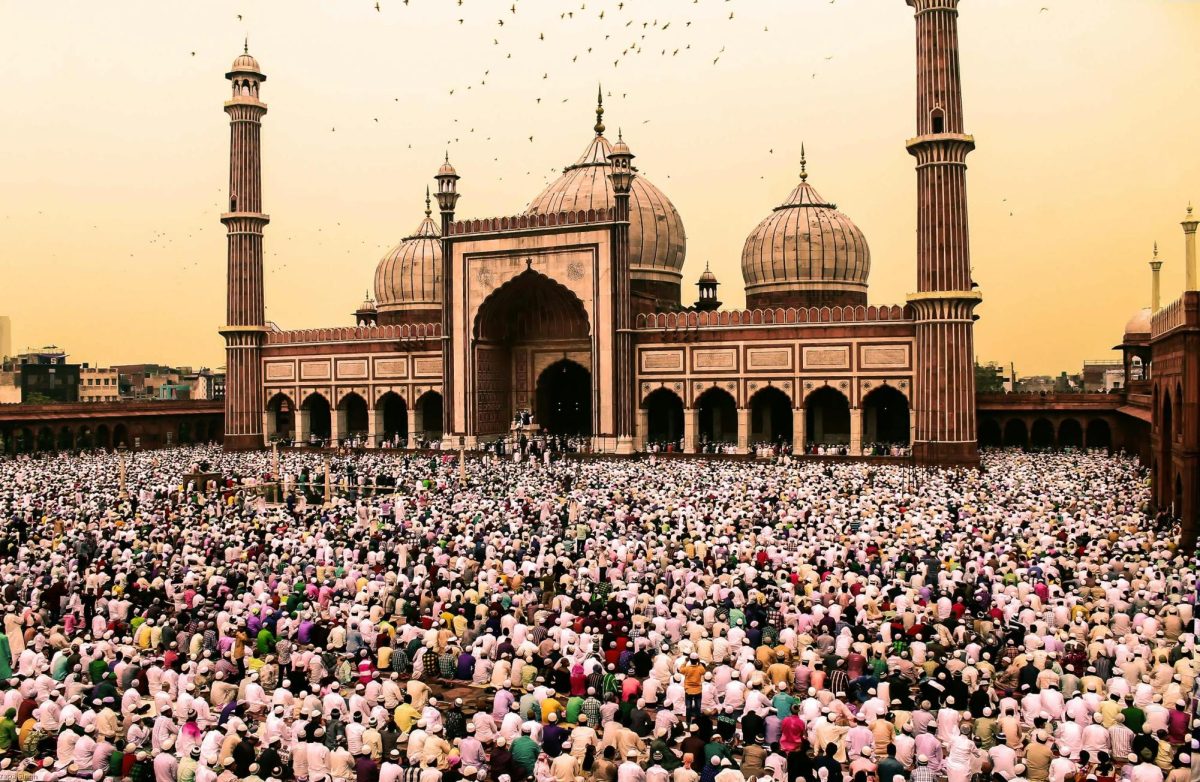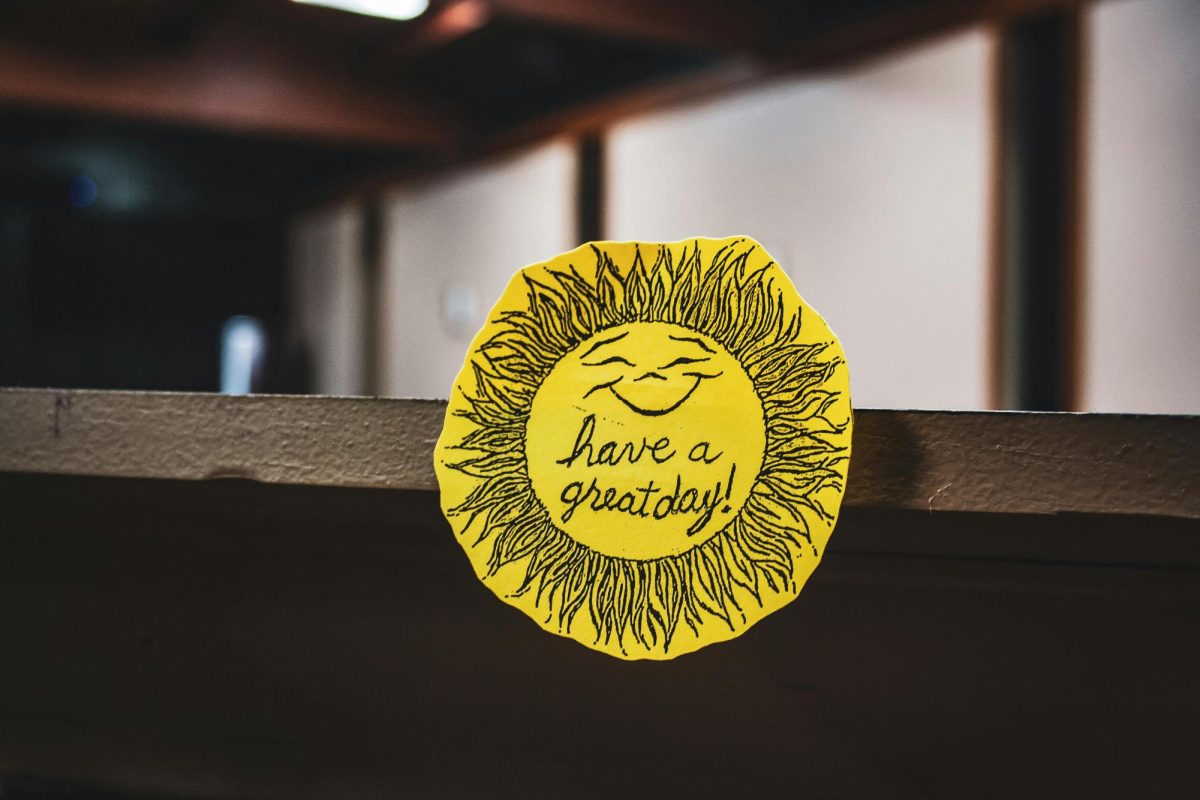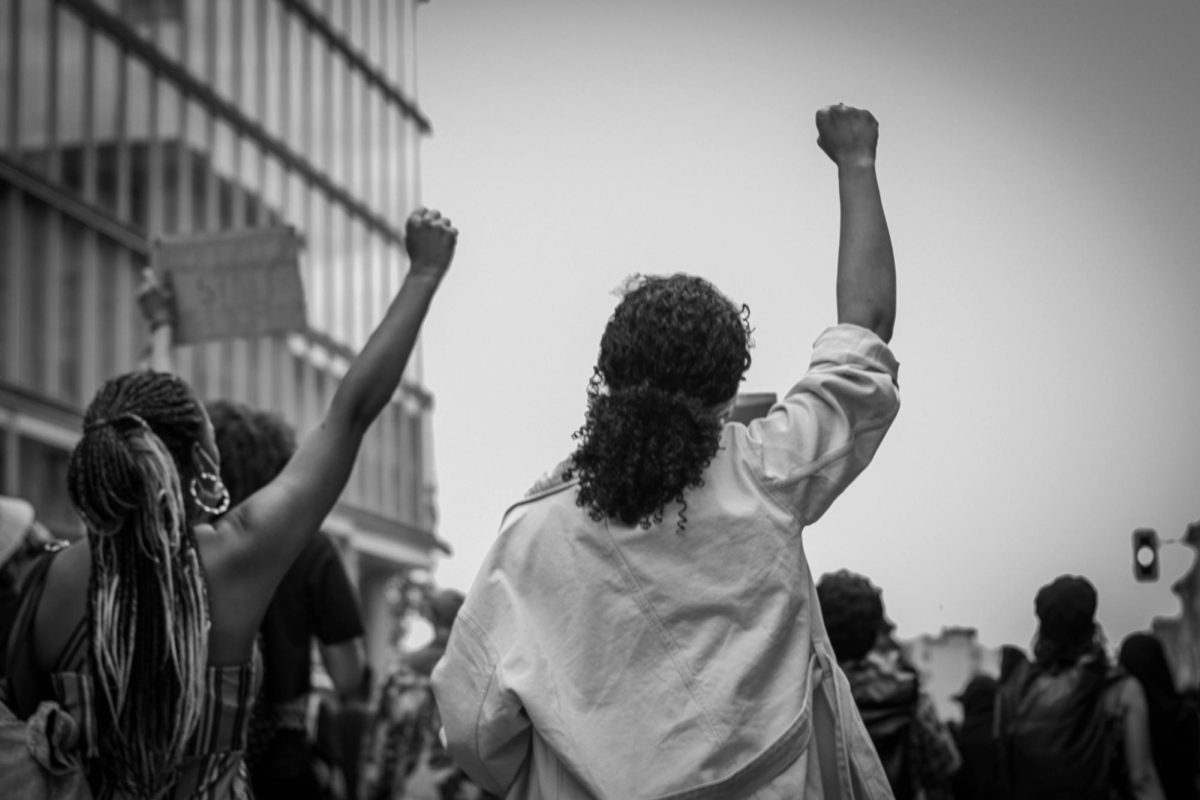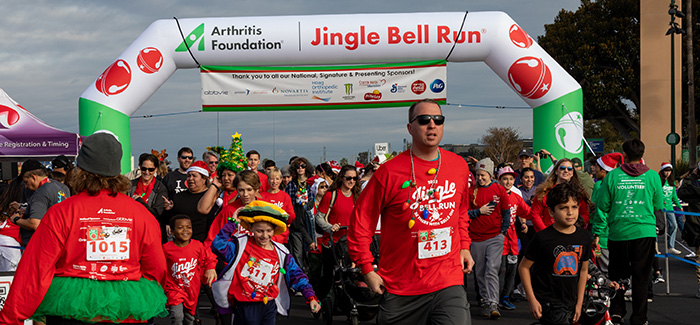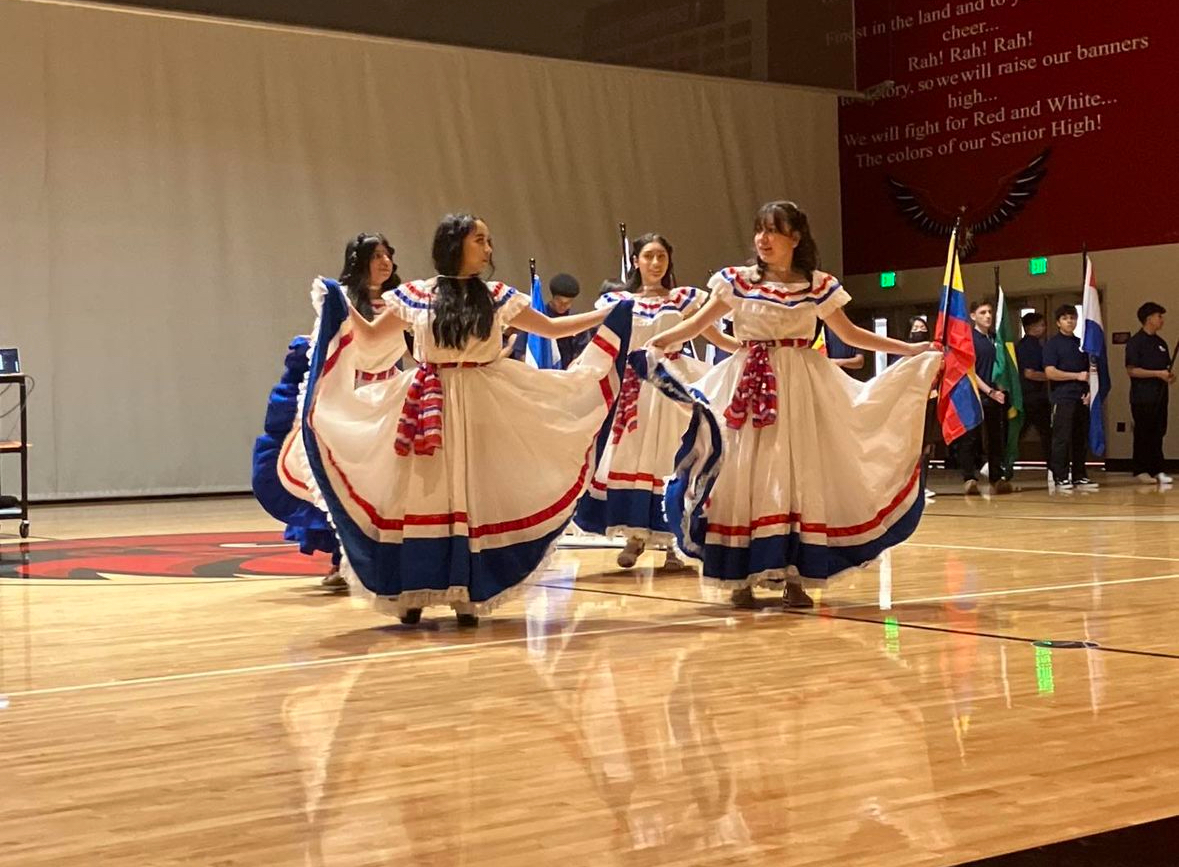Information and Details of Ramadan
Ramadan is a well-known holiday celebrated by many Muslims around the world. Currently, 91.9% of the Middle Eastern region observe it. Ramadan is the 9th month in the Islamic calendar, which is based off a 12-month lunar year of around 354 days. Every year, Ramadan starts approximately 11 days earlier because the lunar calendar is shorter than the more widely-used Gregorian calendar of 365 days. It takes 33 years to complete a full lunar cycle, so Ramadans that start at the same time will have a span of 33 years between them.
The month of Ramadan begins and ends with the sighting of the new moon, but because not everyone across the globe sees the new moon at the same time, many Muslims begin Ramadan at slightly different points. This year, Ramadan begins on March 10th or 11th, and ends on April 9th, which may varyfor different participants of Ramadan. Due to this, there is no ‘set’ date of Ramadan yearly, other than that it must fall within the 9th month of the Islamic calendar.
Ramadan’s 30 days are separated into 3 Ashras – which means 3 segments of 10 days (3o days in total). The first segment is Day of Mercy, a time where the Muslim people reflect on the Mercy of Allah, or God. The second segment is Forgiveness of Allah, in which Muslims spend the days practicing and participating in forgiveness. The last 10 days are honored to the segment of donations and blessings, which end Ramadan on a generous note.
Fasting
Fasting is one of the most well-known parts of Ramadan. From dawn to dusk, around an 11 to 16 hour period, Muslims fast each and every day. Ramadan requires for a person to not only abstain from eating or drinking for the sunlit time, but also from romantic gestures during the hours of Ramadan (with the exception of kissing and light touches for married couples).
All Muslims who have gone through puberty are required to fast during Ramadan. If one is pregnant, sick, traveling, or menstruating, they are exempted temporarily from fasting to keep themselves in good health. They have to make up the fasting at a later date – unless they cannot due to old age or a chronic illness.
Muslim people during Ramadan mentally and physically train themselves in spiritual discipline by avoiding negative words and actions in their daily lives. This may include lying, arguing, and jealousy. This training also includes setting aside time for reflecting on themselves or reading the Qur’an (the central religious text of Islam) in its entirety, which leads to spiritual improvement. It also has benefits physically – it lowers cholesterol levels and improves one’s heart pressure.
Eid ul-Fitr
The final part of Ramadan is the large celebration at the end of the festival. It marks the end of the holiday, beginning with a community-wide prayer session between the hours of 7am to 12pm.
But before the prayer begins there is a charity hosted called Fitrana, also referred to as Zakat al Fitr. Every self-sufficient adult has to give at least 5 dollars worth of food such as rice or flour, which will be given to the less fortunate in honor of Allah.
Gifts are also prepared for the kids, the less fortunate, and to family and friends. As Muslims celebrate, they finish off Ramadan by breaking their fast. Special food is prepared such as kofta kebabs, rice kheer, and chicken shawarma. With the beginning of this feast, Ramadan comes to an end.
